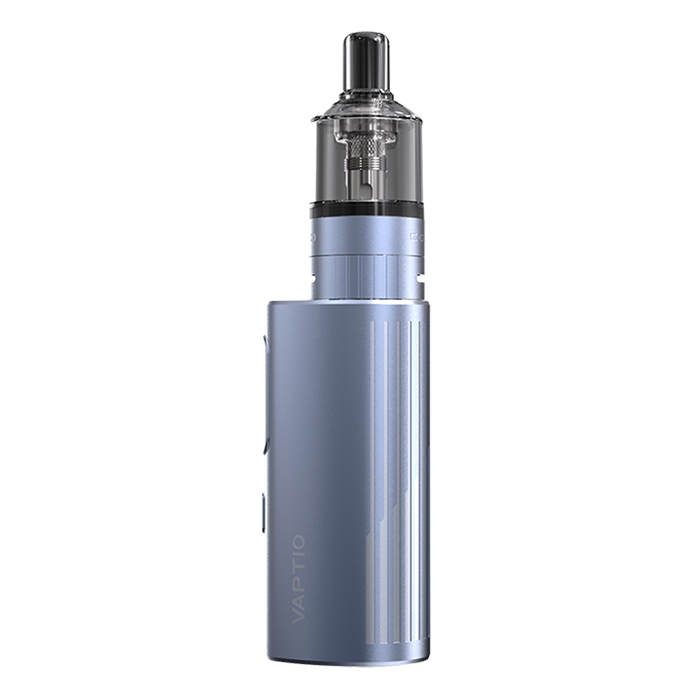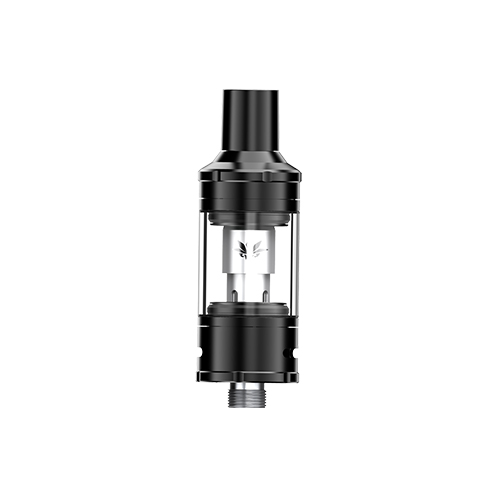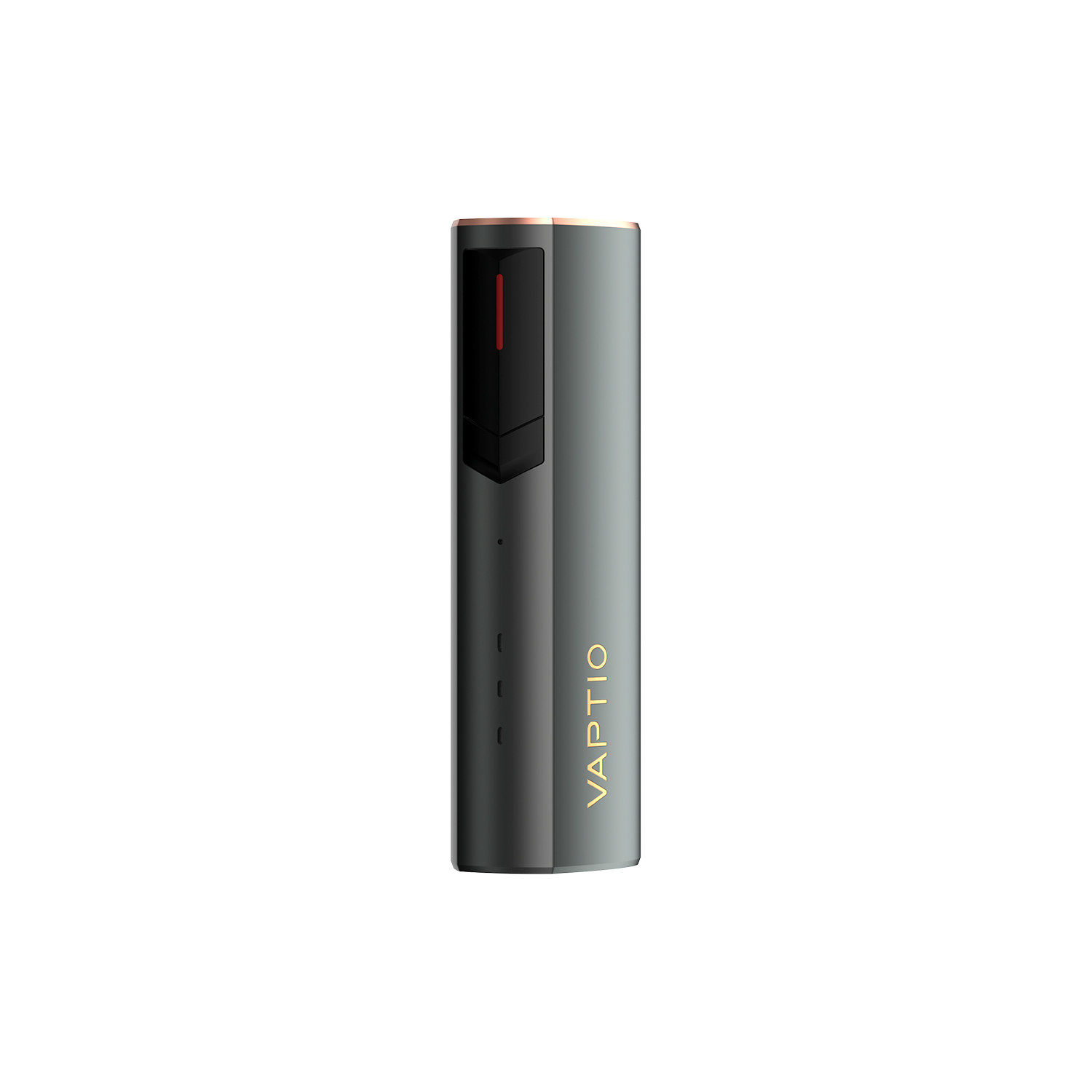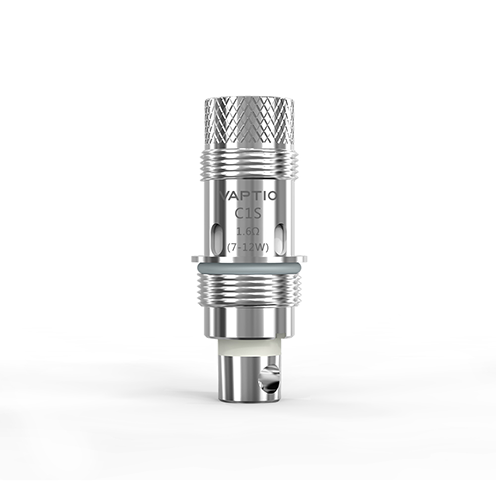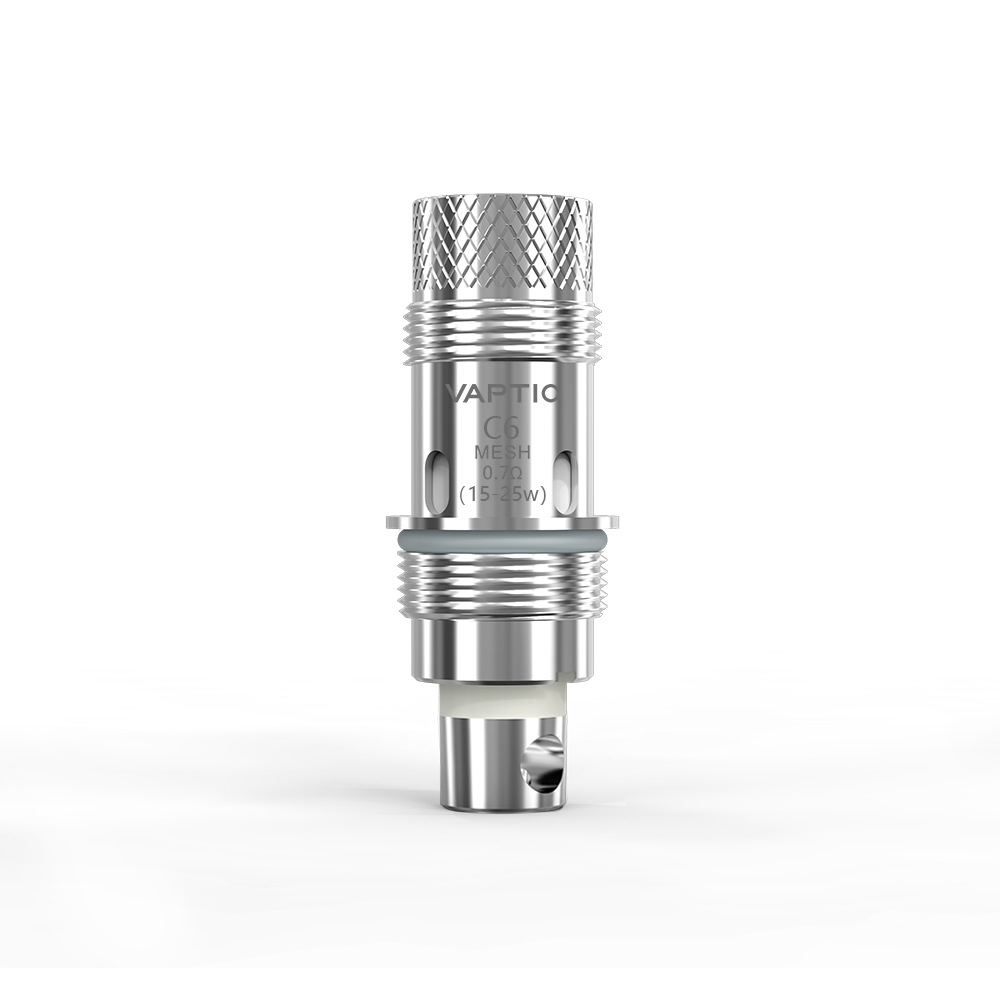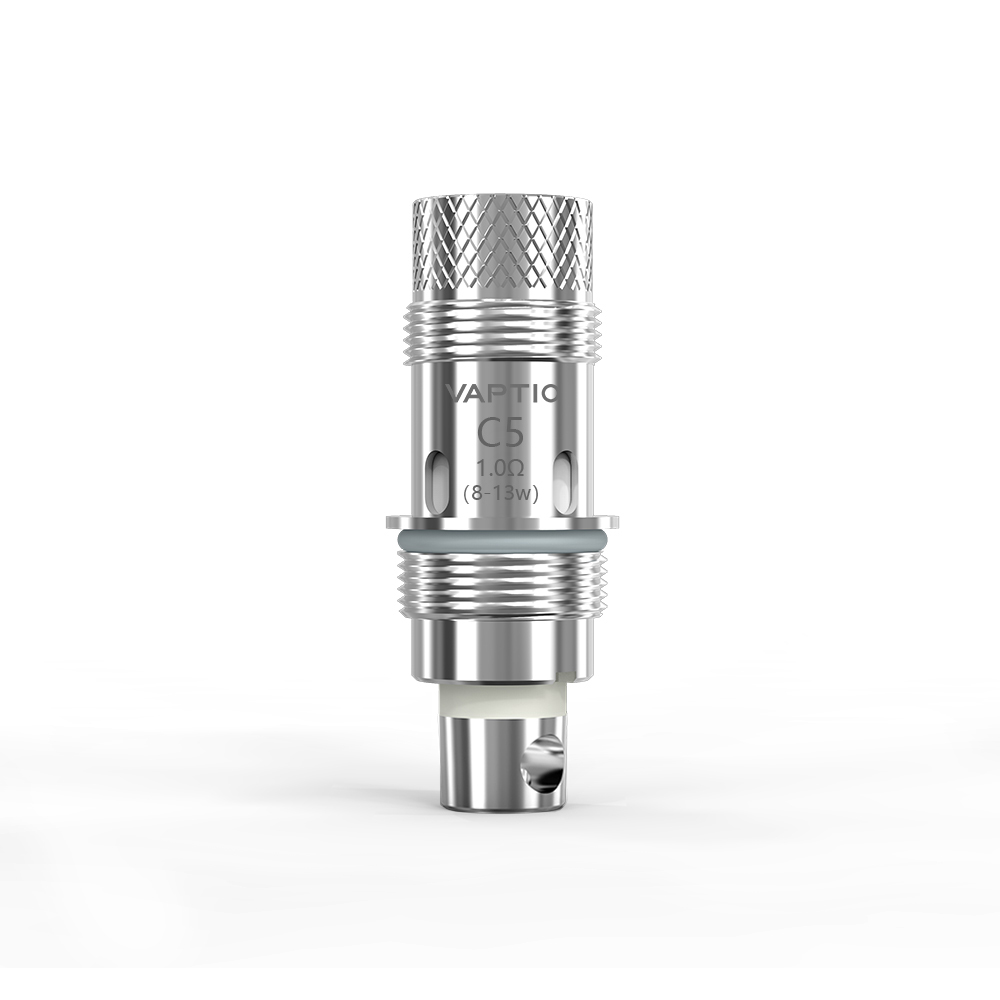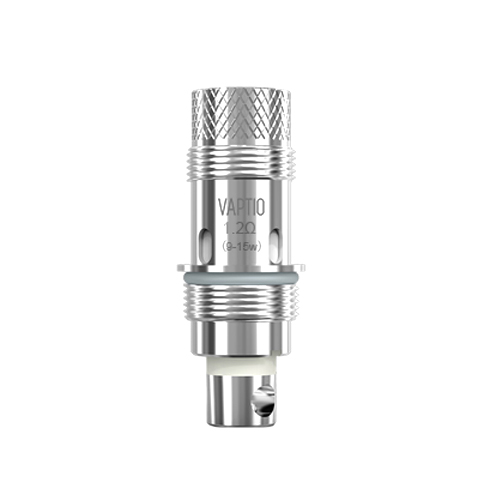“Several studies have reported an unexpectedly low prevalence of current smoking among hospitalised patients with Covid-19,” write the authors.
They set about to examine if there was an association between NRT “with hospitalisation and all-cause mortality during the first wave of SARS-CoV-2 epidemic in France.” The NRT was being used as part of smoking cessation.
They continue: “We conducted a nationwide matched exposed/unexposed cohort study using information from the French national health data system which covers the entire French population. We conducted two separate analyses, the first in individuals exposed to nicotine-replacement therapy without major smoking-related diseases (cancer, cardiovascular and/or respiratory diseases) and the second in those presenting these conditions. We included all individuals, aged between 18 and 75 years, who had been reimbursed at least one nicotine-replacement therapy between November 15, 2019, and February 15, 2020.”
For each exposed individual, they selected two non-exposed French people from the population at random. They were matched up for age, sex, area of residence, and that they held similar health insurance (so would ideally receive the same treatment).
The end points they looked at were either entry to hospital with COVID-19 symptoms, death or being placed on a ventilator in hospital while diagnosed with COVID-19, and all-cause mortality. They then compared the outcomes of individuals using NRT with those who didn’t.
In total, almost 300,000 NRT users were matched with over half a million non-NRT users. Neither group suffered from any major smoking-related disease. The average subject was 45 years old, 49% of the sample were men, 51% were women.
During the four months of the study, 647 patients were admitted to hospital with a COVID diagnosis. This broke down as 151 NRT users and 496 non-NRT patients.
They write: “In the main multivariable analysis, nicotine-replacement therapy was associated with a decreased risk of hospitalization with Covid-19 compared with unexposed individuals. Nicotine-replacement therapy exposure was also associated with a decreased risk of intubation or death in hospitalized individuals with Covid-19 but with an increased risk of all-cause mortality.”
The researchers conducted a second analysis. This time they looked at 128,768 NRT users with major smoking-related diseases, matched with 243,793 random non-NRT individuals. The average person was slightly older and more likely to be male than the previous analysis.
They state: “In the main multivariable analysis, nicotine-replacement therapy exposure was neither associated with risk of hospitalisation with Covid-19 nor with risk of death or an intubation in hospitalized individuals with Covid-19.”
Dying from any cause was predictably higher in the NRT/smoking-related diseases group.
They concluded: “This large-scale observational study suggests that smoking, measured by exposure to nicotine-replacement therapy, was associated with an increased risk of overall mortality during the first wave of SARS-CoV-2 epidemic in France, although it was associated with a lower risk of severe Covid-19 in individuals without major related-smoking diseases.”
The authors add that further investigation needs to be conducted, “to disentangle the potential mechanisms of nicotine and/or smoking in Covid-19 risk. Whatever the nature of these associations, the global impact of smoking is harmful for health even over a short epidemic period.”
News from: https://www.planetofthevapes.co.uk/news/vaping-news/2020-08-18_another-covid-study.html






